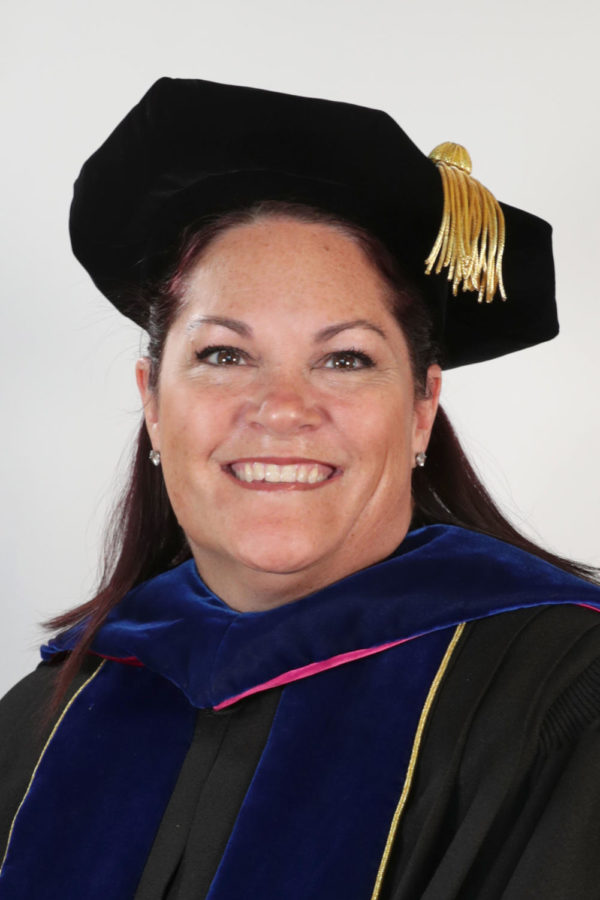The Mercyhurst office of sustainability started the operation of its own campus composters on Oct. 18.
These green “Earth Tubs” are located at the southeastern corner of the Warde Hall parking lot. The tubs turn food waste into compost for various projects on campus.
“It’s something that every campus that’s going green does,” sustainability officer Brittany Prischak said.
This is the newest addition the office has undertaken, having been involved in geothermal heating in Hammermill Library and various projects at the Mercyhurst West farm.
The Mercyhurst farm provides produce that is used in Egan and is sold in farmers markets. The land also has various research sites.
Prischak supervises the project and works with a small group of work study students. These students help operate the system and make sure the process is successful. The work studies receive a packet with instructions on how to work the machine, and what to do once they have finished their task.
The campus composters use the hot compost method, which is when compost is kept in an enclosed space and kept somewhere between 120 and 130 degrees Fahrenheit. To maintain the temperature, water is added to the system, but it is important to keep around half of the material dry. Mercyhurst uses sawdust donated by local lumber mill to maintain moisture levels.
The system they are using includes a bio-filter that reduces the smell of the compost. It works by funneling the scent to an enclosed tub filled with pine bark. The cooking process takes around 20 to 40 days. Then it takes an additional 20 to 40 days for the compost to cure. This is when the compost becomes stable.
Around $19,000 was spent getting the project operational and it was paid for by grant money and the student sustainability fund. While the project does not create direct profit, it will save the campus money in the long run.
Currently, the waste is supplied by Parkhurst Dining, the food provider to Egan and the Laker Inn. It is the prep waste from Egan, but the sustainability office would like to expand into taking student waste from Egan and other areas.
The problem with this is that the materials that come from student waste could affect the time it takes for materials to compost. Meats, oily foods and paper affect how long it takes for it to be composted.
The office is trying to work out a method for gathering more materials to increase the amount they can produce at one time.




